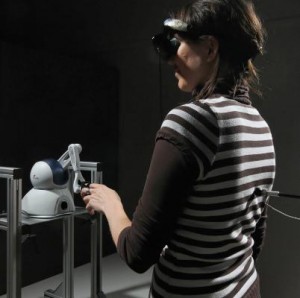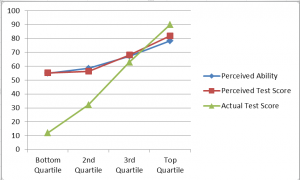Nov 21 2014
How to Choose Science Advisers
I recently discussed the decision of the EU president to eliminate the post of the EUC science adviser. It seems that a major factor in eliminating the position was the unpopular pro-GMO views of the person holding the post, Professor Anne Glover.
Now the US Congress has just passed a bill that would change the way appointments are made to the science advisory panel of the EPA (Environmental Protection Agency). Two aspects of the bill are receiving critical attention, however, reading the text of the bill itself makes it unclear to me what the net effect would be.
The first is a provision allowing onto the advisory panel experts with ties to the industry that is being regulated. The White House claims that this provision would, “negatively affect the appointment of experts and would weaken the scientific independence and integrity of the SAB.”
Rep. Jim McGovern, D-Mass. said to the bill’s sponsor, “I get it, you don’t like science, and you don’t like science that interferes with the interests of your corporate clients. But we need science to protect public health and the environment.”











